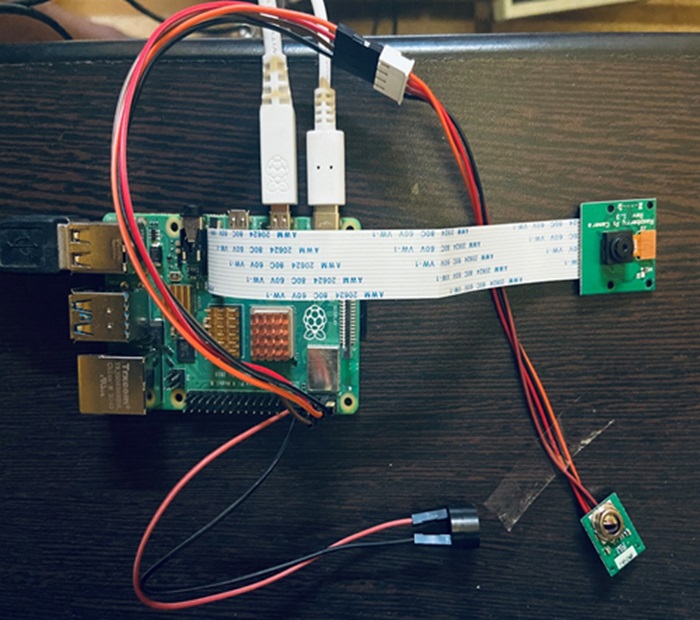Phase 1
Planning, Skill Acquisition, and Library Familiarization
We meticulously planned our project objectives, milestones, and timelines through comprehensive planning sessions. Through thorough analysis and brainstorming, we devised a clear roadmap for the development phases ahead.
Recognizing the importance of proficient programming skills, we embarked on a journey to master Python, a versatile language pivotal for our project's implementation.
Simultaneously, we dedicated time to acquaint ourselves with essential libraries such as OpenCV and NumPy. These libraries are instrumental for image processing tasks and numerical computations, crucial elements of our temperature screening system.
Phase 2
Device Acquisition
We procured the necessary hardware devices essential for our project.
Software Installation
All required software was successfully installed on Raspberry Pi, our chosen platform for its compactness and versatility.
Downloading Additional Requirements
We ensured that all supplementary requirements for the software were downloaded and configured appropriately.
Device Testing
Rigorous testing was conducted to verify the seamless integration and functionality of the devices, utilizing sample codes.
Business Model Canvas (BMC)
The BMC was completed, providing a structured overview of our business model, key partners, resources, and activities.
BMC Report
A comprehensive report based on the Business Model Canvas was finalized, detailing our business strategy and operational framework.
Work on Project Development Environment (PDE)
We are actively engaged in refining our Project Development Environment to streamline workflows and optimize productivity.
Tools

- Raspberry Pi 4 Official 15W USB C Power Supply
- Raspberry Pi 4 Model B - 4GB RAM
- Micro HDMI to Standard HDMI Cable for Raspberry Pi 4 - 1 meter
- Raspberry Pi 4 Official Case - Red & White
- Micro USB to USB C adapter
- Sandisk 64GB Class 10 MicroSD Memory Card
- Raspberry Pi 5MP Camera Board
- Raspberry Pi 4 Heatsink
- Omron D6T thermal sensor
Final Product After Connection
